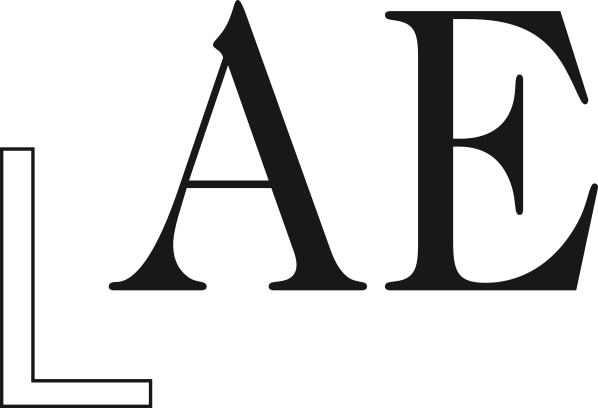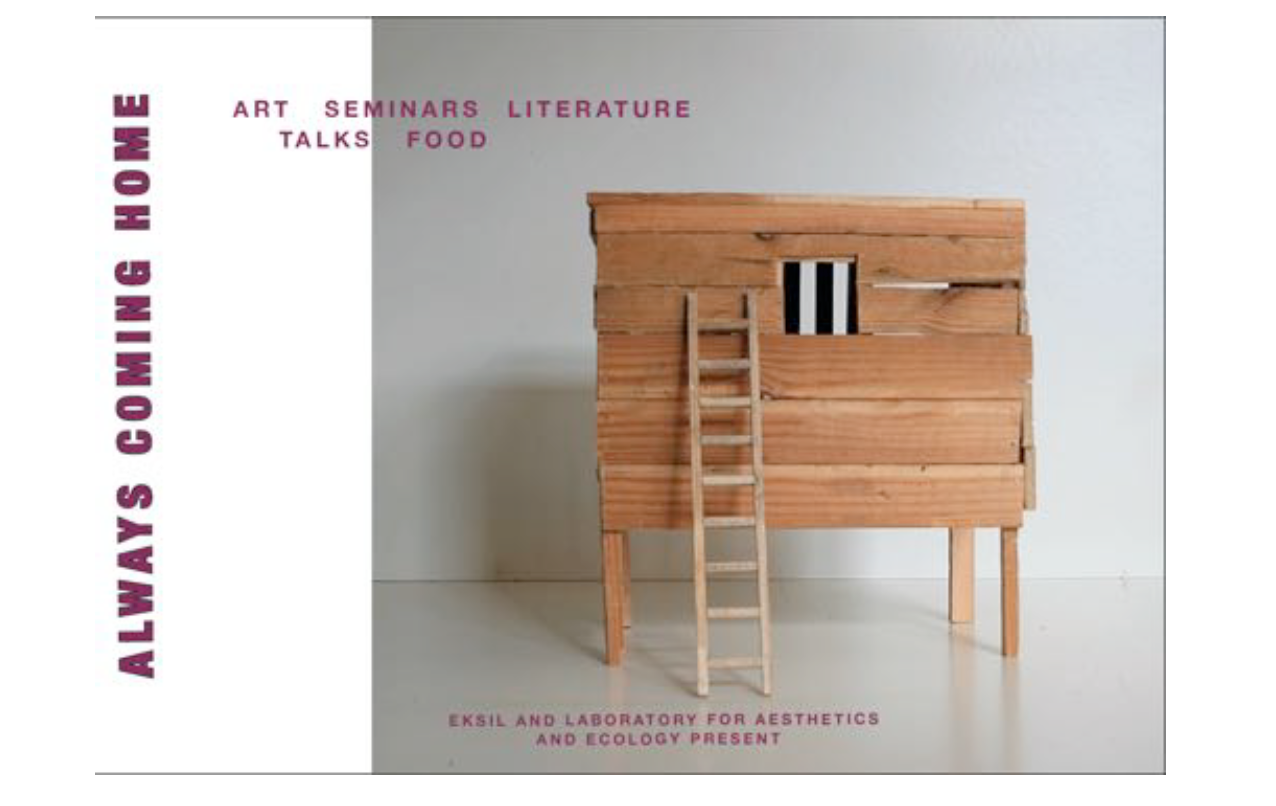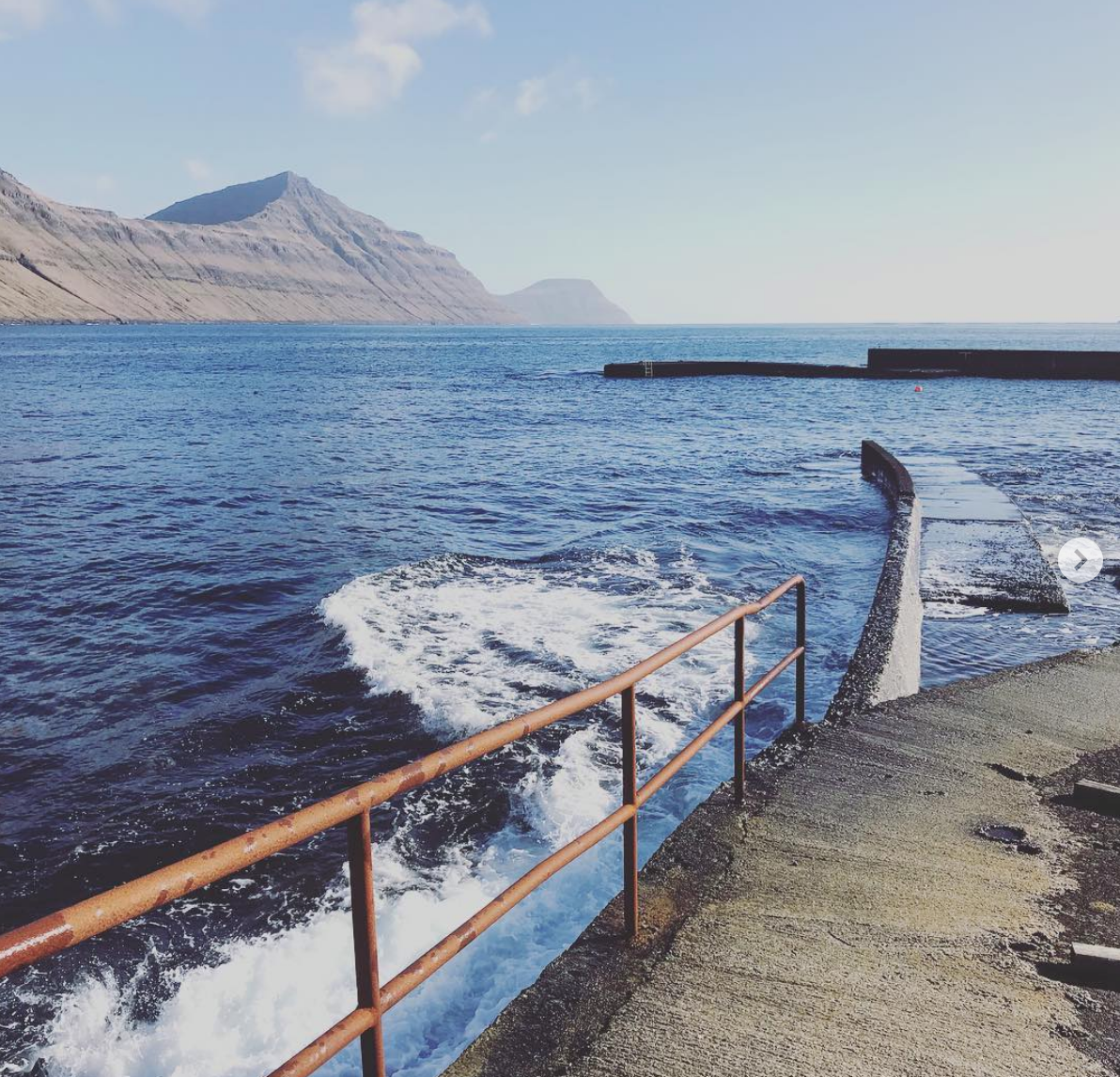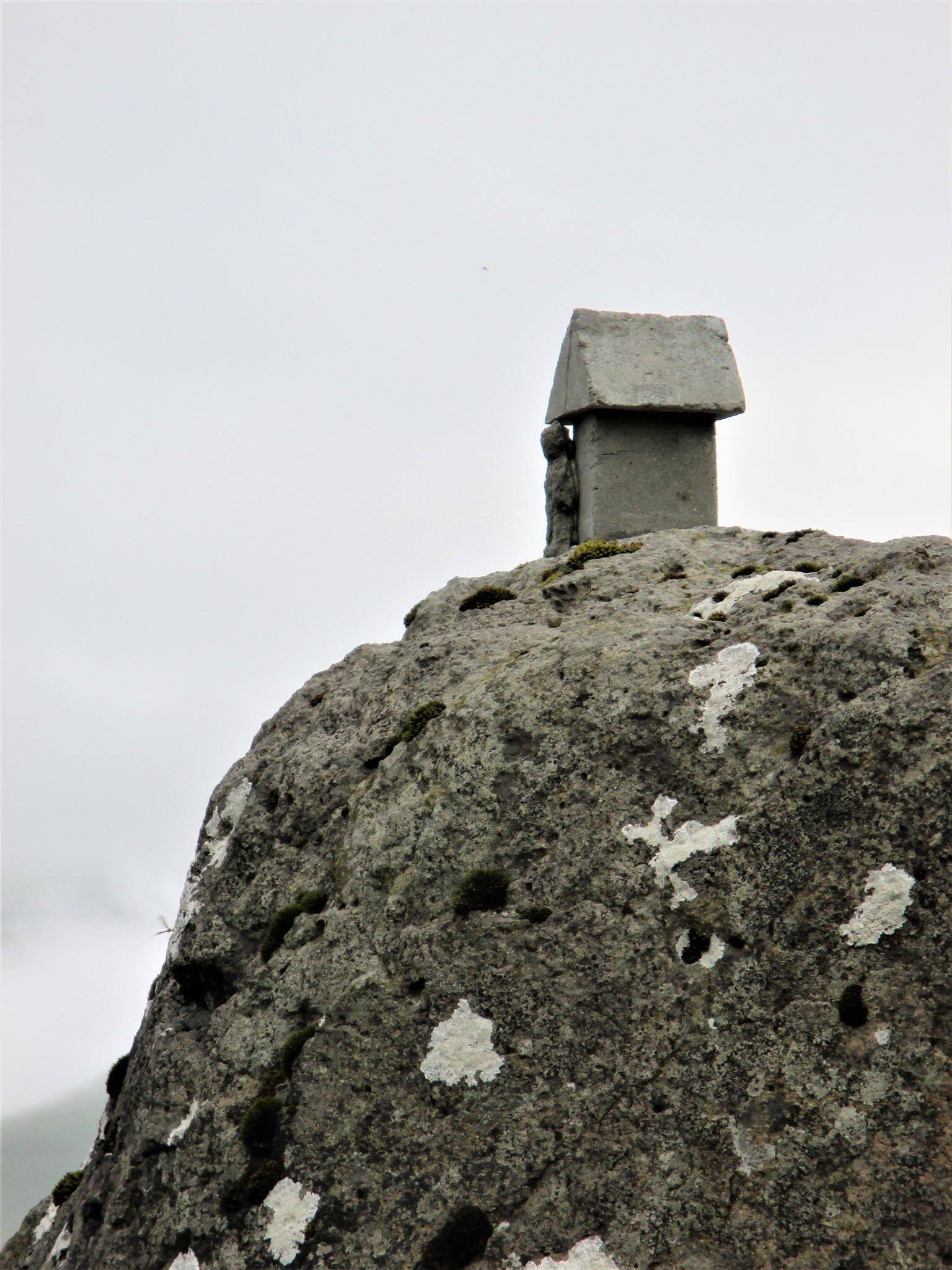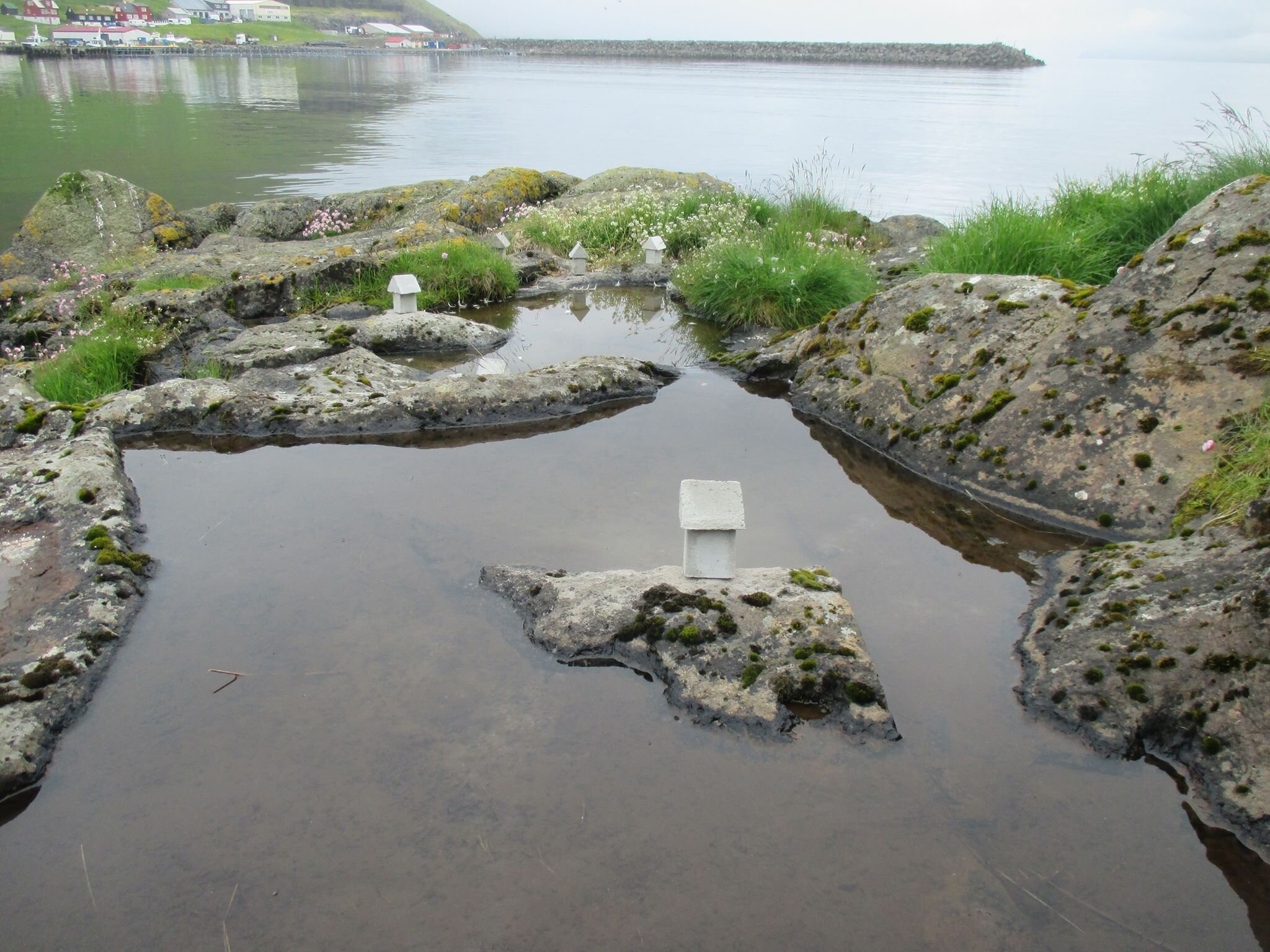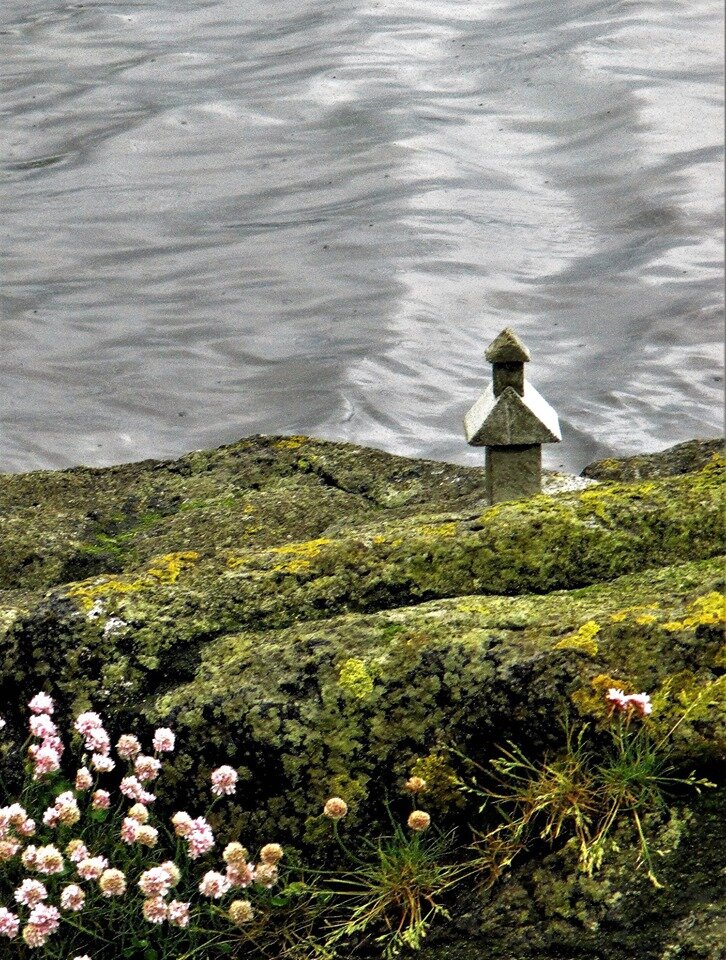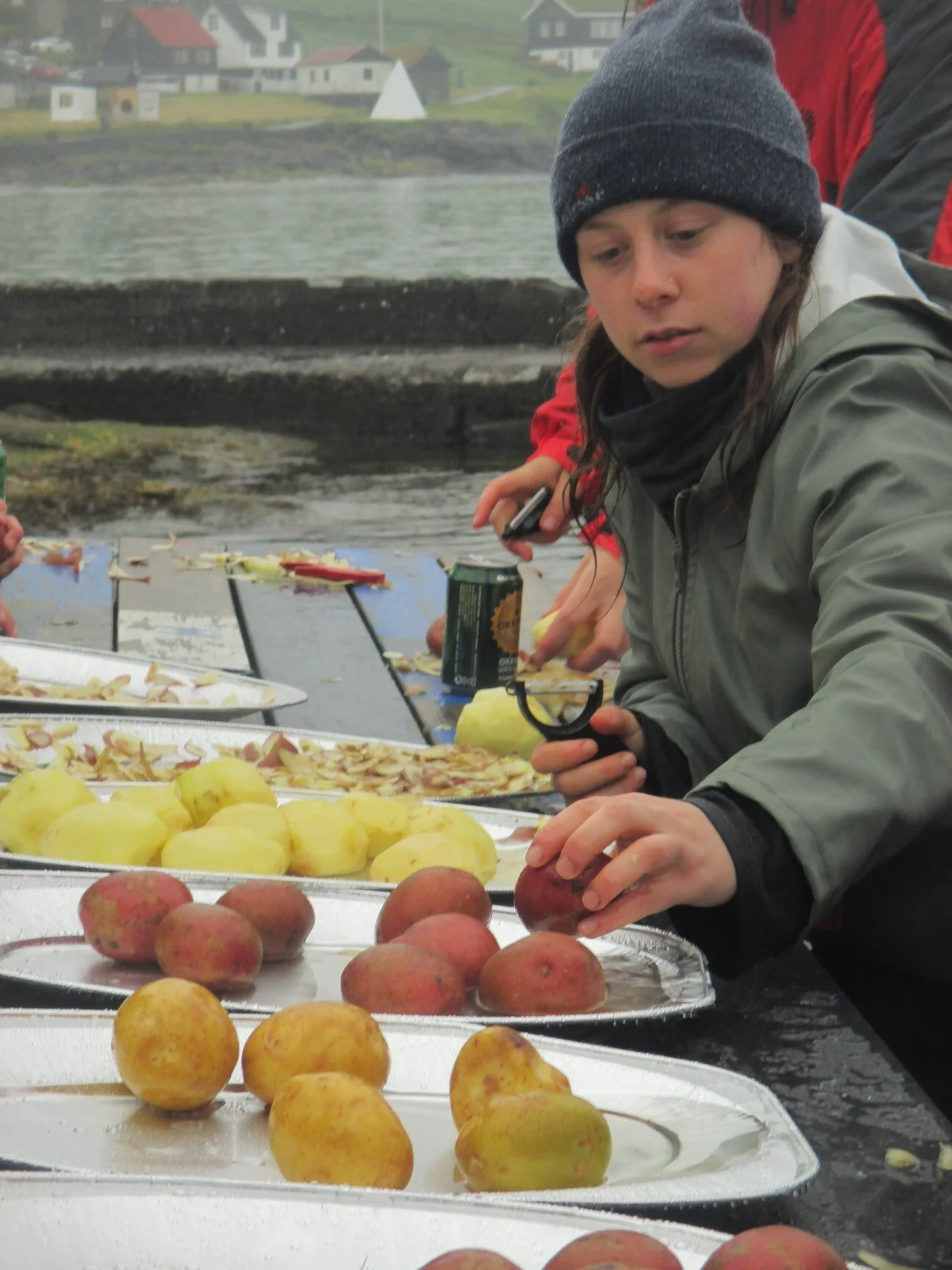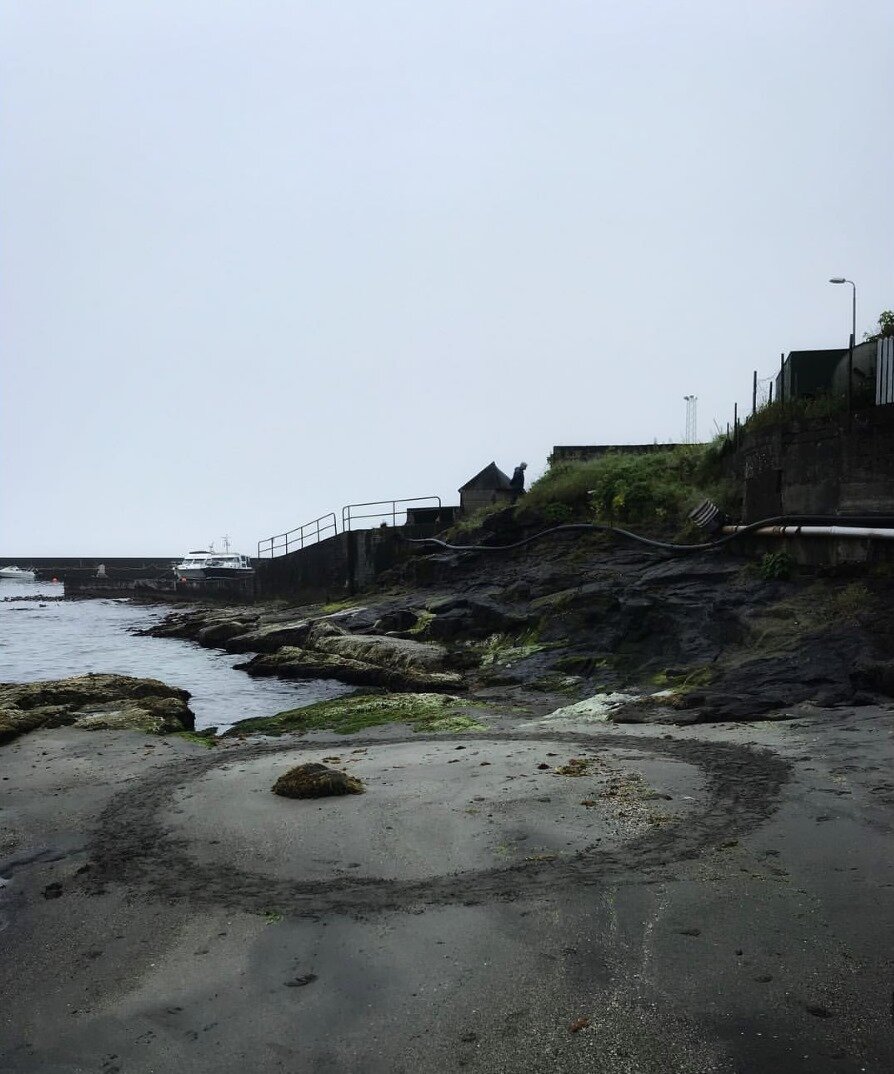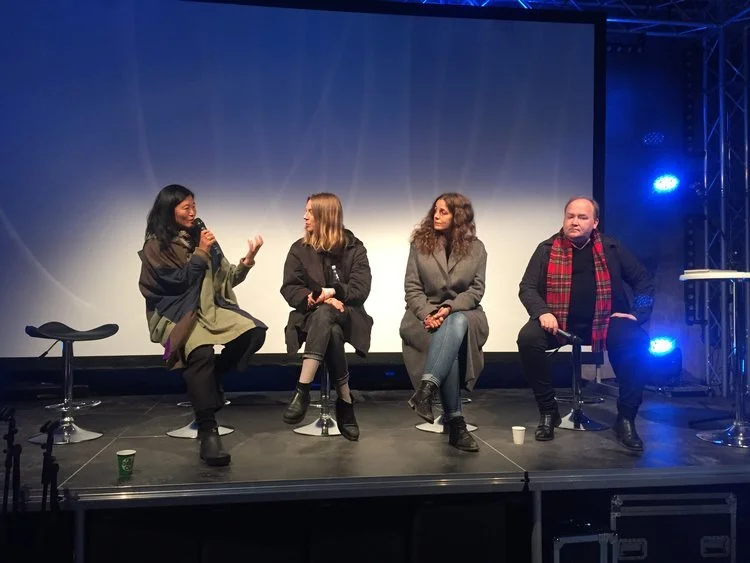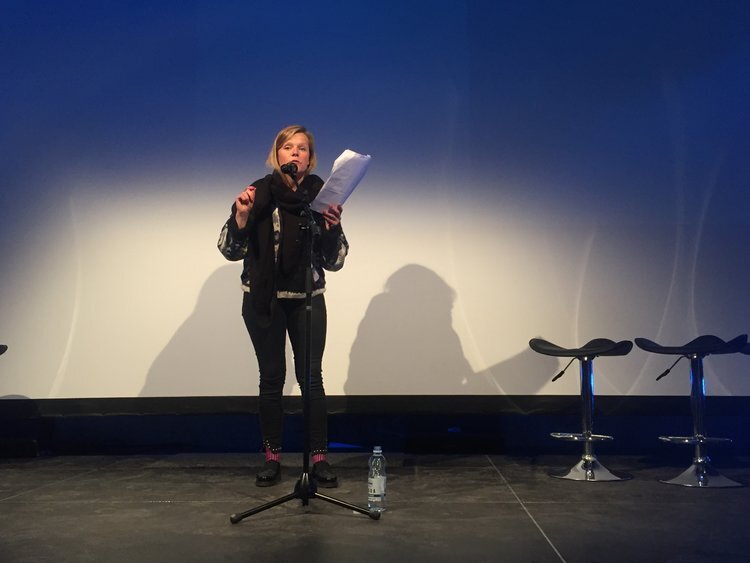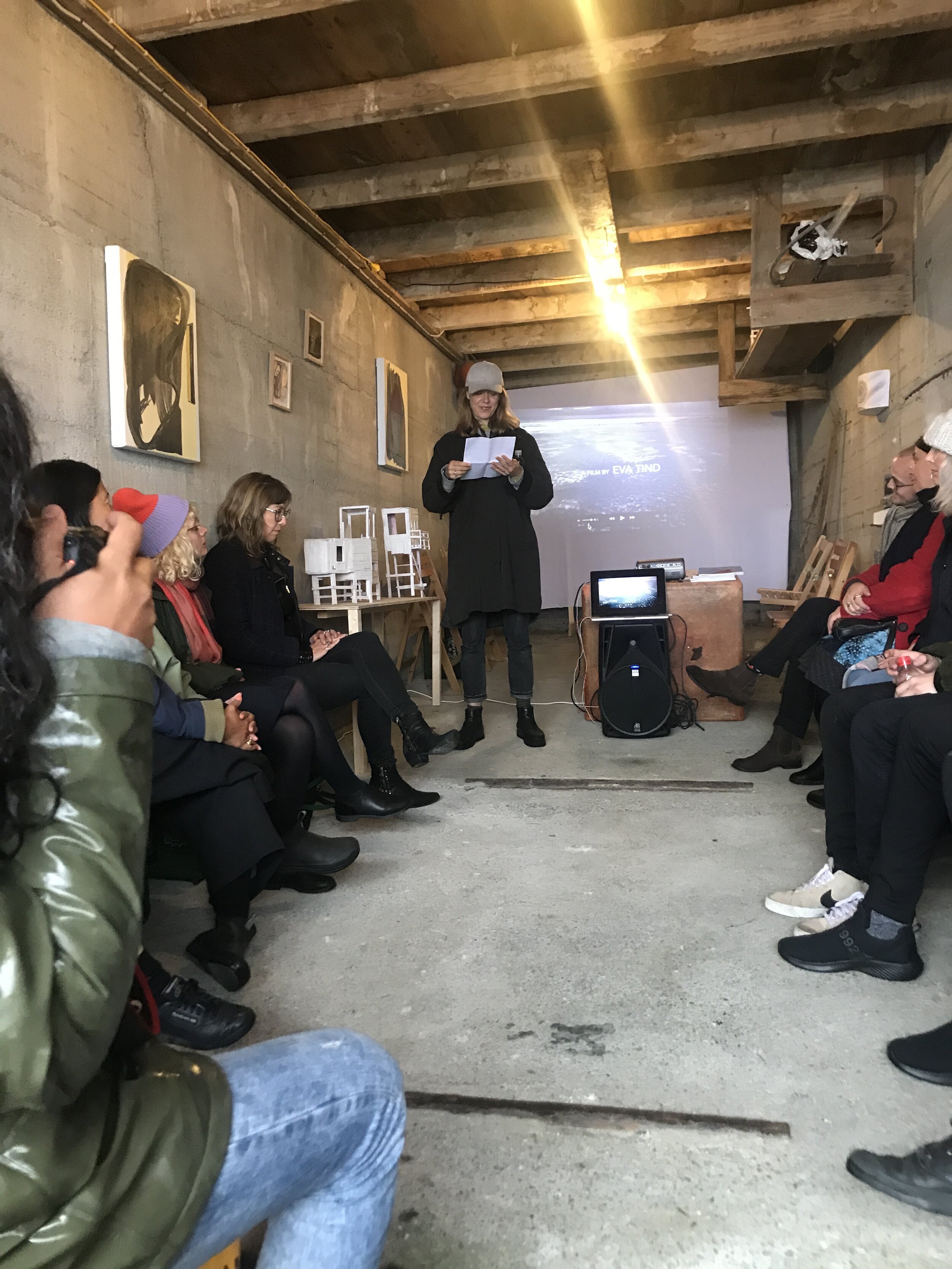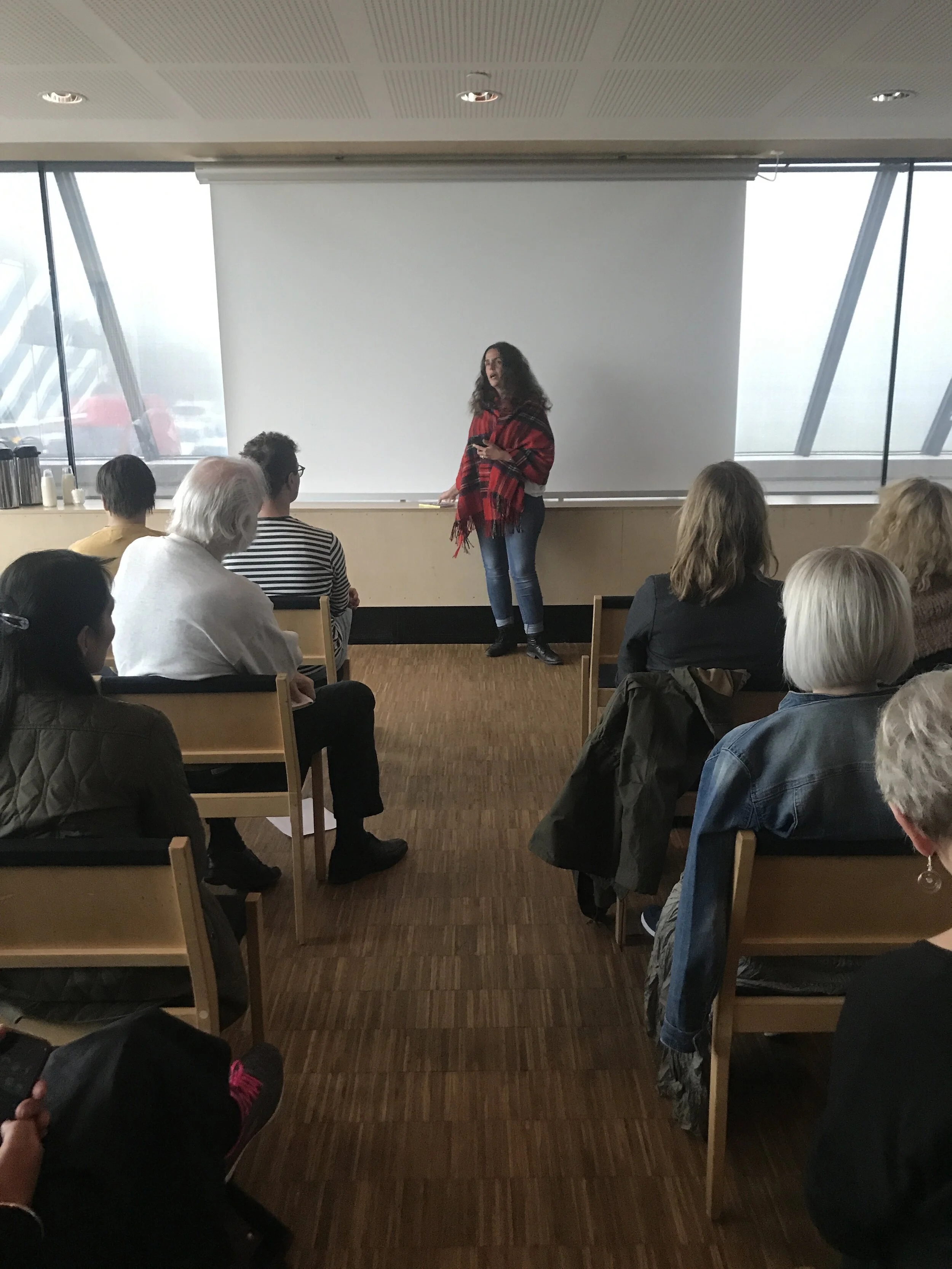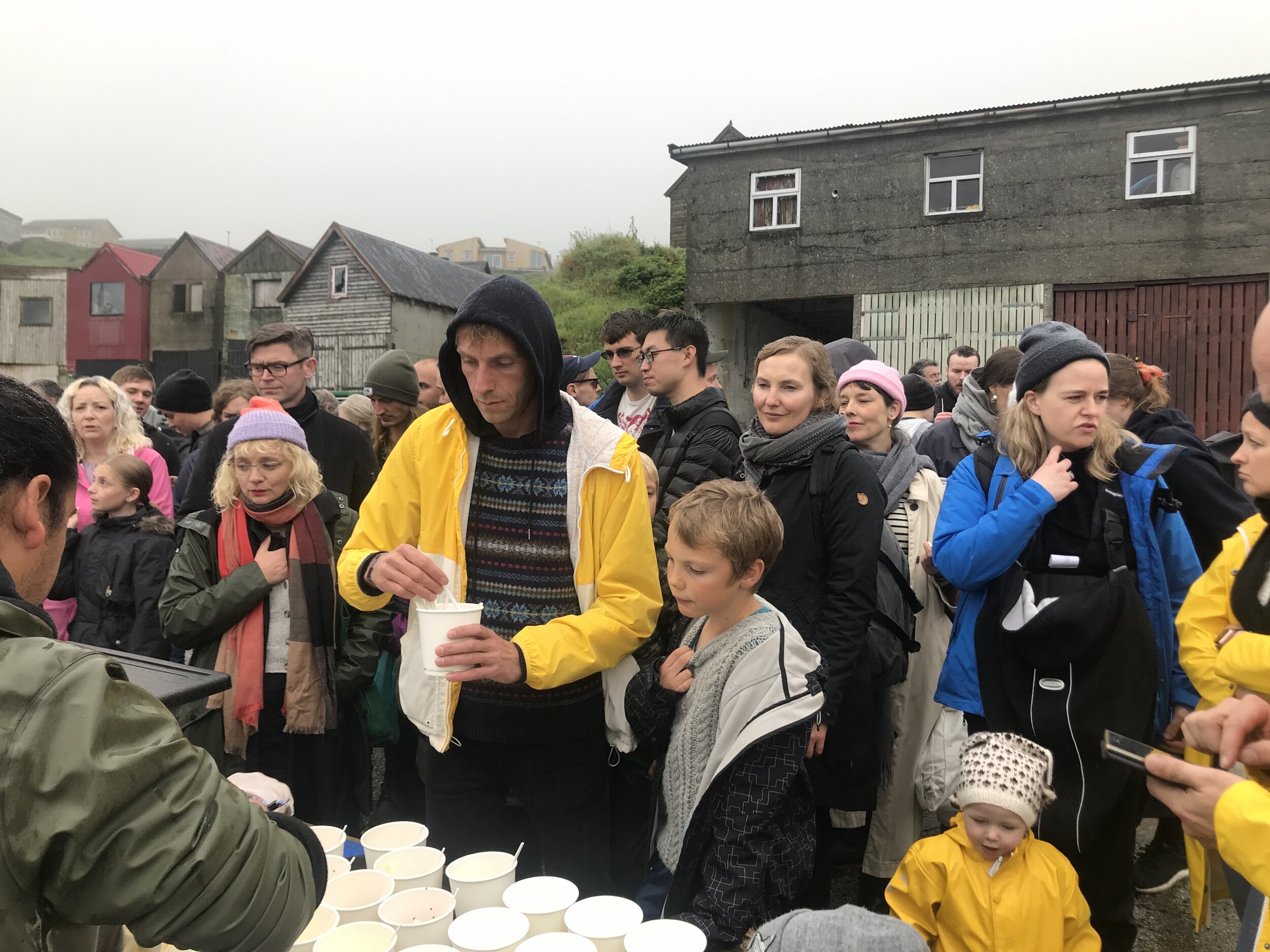Always Coming Home
Please bring strange things.
Please come bringing new things.
Let very old things come into your hands.
(…) May your soul be at home where there are no houses.
Walk carefully, well-loved one,
Walk mindfully, well-loved one,
Walk fearlessly, well-loved one.
Return with us, return to us,
Be always coming home.
- Ursula K. Le Guin from Always Coming Home, 1985
Always Coming Home was a literature and art event taking place at the Faroe Islands in the summer 2019, rethinking what ideas of home might come to mean today. Inspired by the writings of american science fiction writer Ursula K. le Guin, we wanted to venture into hopeful speculation on alternative homebuilding.
Home is a sometimes abstract concept, a fleeting scent in the air, a sensation of belonging, however fragile and hard to grasp. Sometimes home is an entirely concrete, a very particular place somewhere in the world that we may long for and / or long to escape from.
Home is never an innocent space, it is the potentially tragic place of abuse and trauma, and it space often defined through terms of exclusivity and exclusion. Home, often, is a demarcation or a barrier composed by lines drawn between those which it holds, and that which it refuses to contain. The structuring of what is and what may become home to us a messy business, deeply embedded in questions of politics, culture, language and aesthetics. Home cannot be separated from the politics and everyday practices of desire, sexuality, reproduction and care. Home is the traditional sphere of women and children, a supposedly non-political space harbouring life- and society sustaining care so often taken for granted.
We are at a moment in time, where the concept of home is deeply troubled and destabilised through a variety of influential global events. Home as something in need of protection, of consolidation of borders is put on the front line in all aspects of state sanctioned bigotry, in the rising xenophobia of the neofascist moments rising all through the West. The necropolitical agendas of contemporary European asylum politics have made it clear that weaponising the notion of home as that which is threatened by the arrival of others in need of refuge still is an exceedingly successful populist strategy.
At the very same time, homes are undergoing irrevocable transformation through climate breakdown, mass extinction and excess. With upending environmental catastrophe(s), both the very materiality of home, and the promise of safe dwelling and future flourishing is highly destabilised. We have only now begun to experience the colossal migration of all species, which will undoubtly intensify during generations to come, but it has already become painstakingly obvious that we do not have the political regimes, nor the cultural structures set in place to accommodate and to relieve this ever-increasing situation of homelessness, migration, disappearance.
The word Solastalgia refers to this new reality of feeling deprived of a home without having migrated. As Bruno Latour has stated, it is ‘homesickness at home’, the new radical removal of the promise of sustaining life from land in a new climatic regime.
The word ecology has its etymological roots in ‘oikos’, meaning ‘home’. In language, as well, we are sometimes home and sometimes lost. The question, then, remains whether we might be able to reconstruct new im/possible homes, new liveable ecologies for an uncertain future through and with language, narration, speculation. Always Coming Home is an international art and literary event, where artist, writers and sociologists will come together in renegotiating limits and potentials of home, of family and kinship. Through panels, workshops and performances, the programme will explore modest hope and situated regenerative practices staying with the im/possibilities of being able to always be coming home.
Program 10 juli kl. 15.00-17.00
Ida Bencke (Dk) curator and co-founder of Laboratory for Aesthetics and Ecology and Kim Simonsen from Eksil introduce the theme
Poet and artist Angela Rawlings (IS) performs
Reading with authors on ecoart and home. Siri Rannvá Hjelm Jacobsen (Dk), Christian Yde Frostholm (Dk), Kim Simonsen (Fo) and Eva Tind (Dk).
Artist talk with Julie Sass (Dk) and Randi Samsonsen.
Readings by Carl Jóhan Jensen and Anna Malan Jógvansdóttir.
Scott Rettberg (US) and Christian Yde Frostholm in conversation.
Screening of Scott Rettberg’s video work TOXI•CITY: A CLIMATE CHANGE NARRATIVE
Thank you to the sponsors: Nordens Hus Færøerne, Torshavns Kommune, Færøernes Kulturfond, Det Færøske Kulturministerium.
